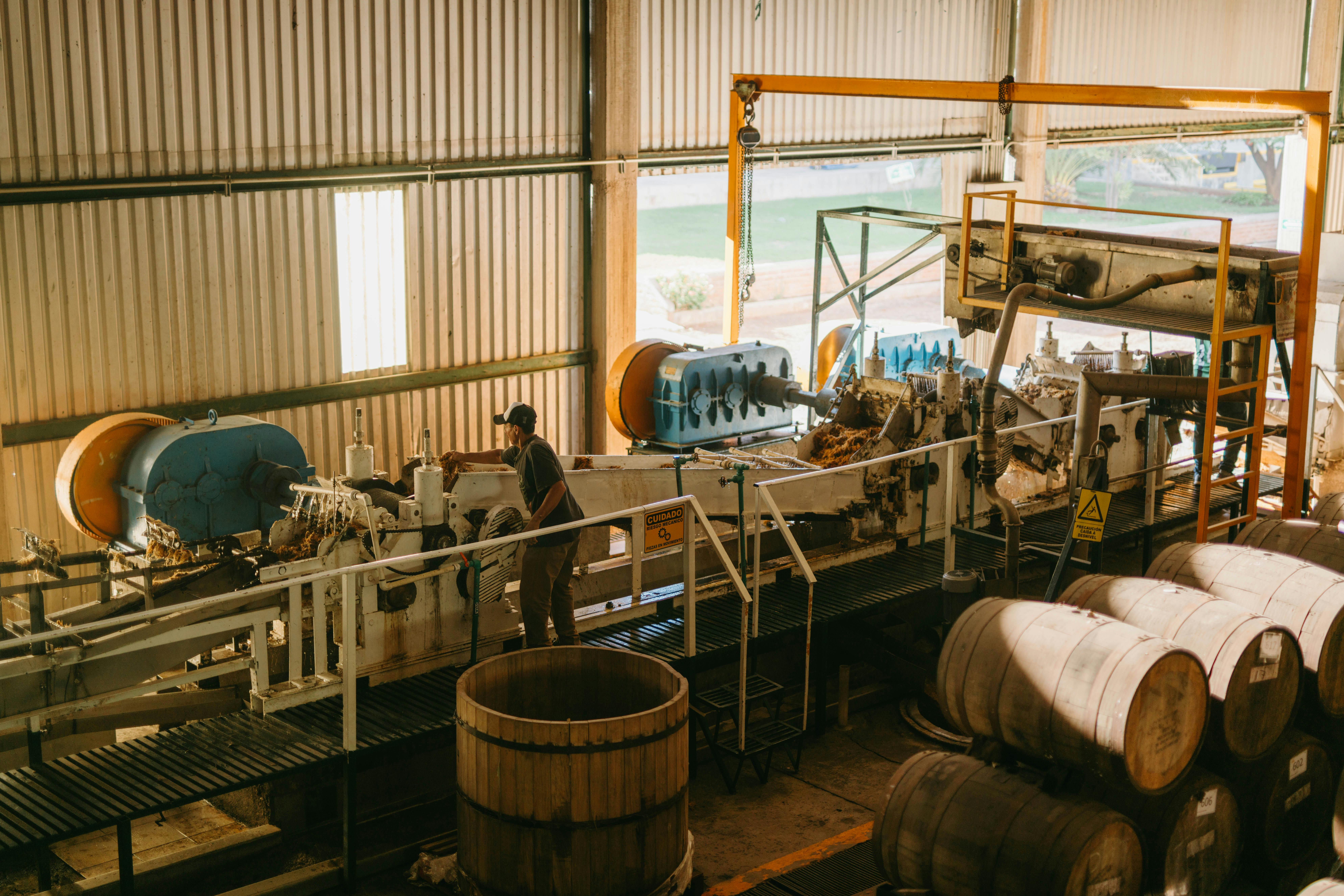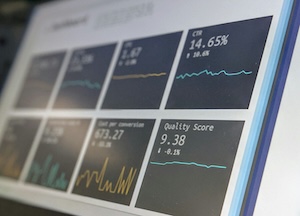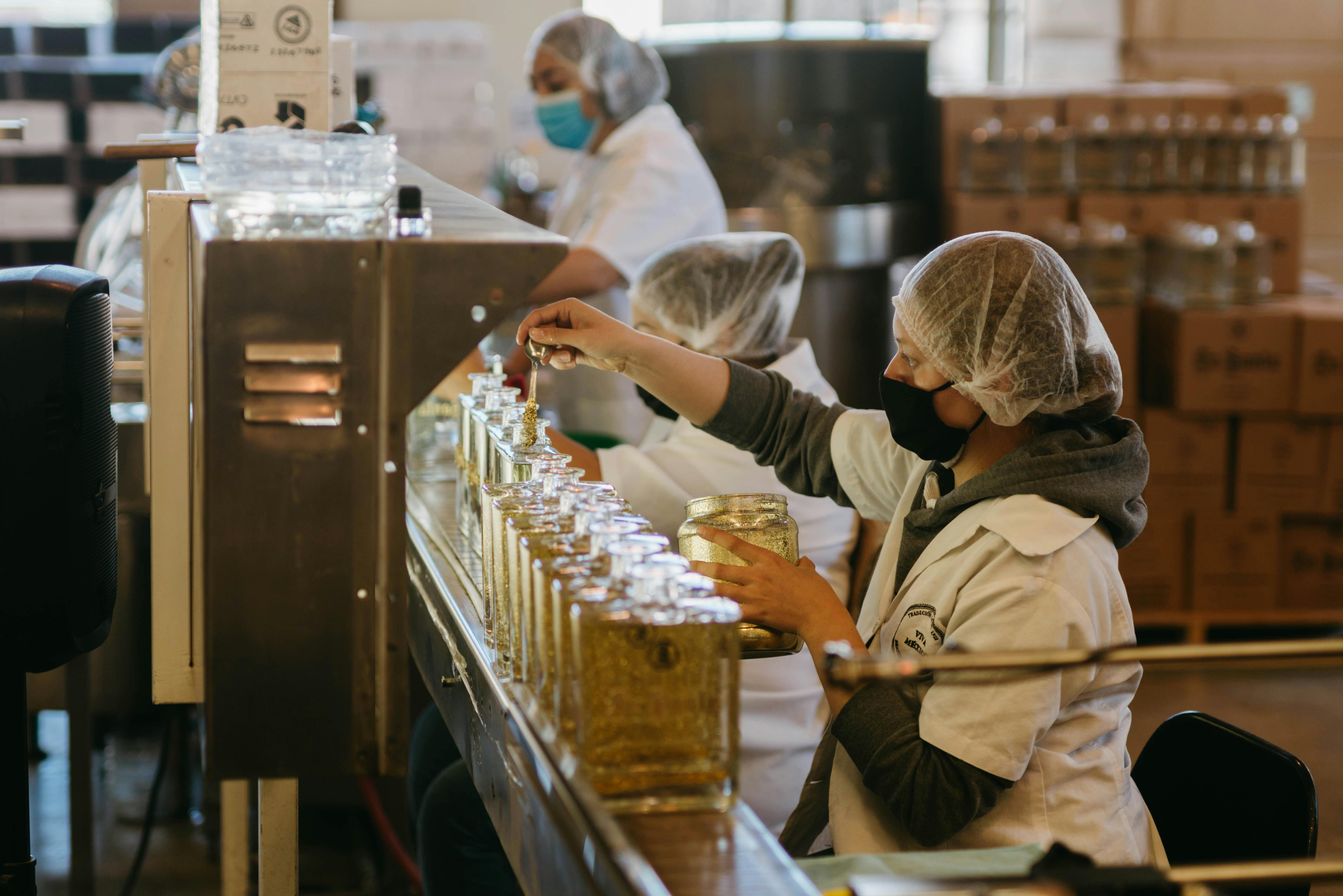Sustainability Certifications for Manufacturers: What You Need to Know

For manufacturers committed to reducing their environmental footprint and contributing to a more sustainable future, achieving third-party sustainability certifications is a powerful way to demonstrate responsibility, meet evolving regulations, and build trust with customers and partners. These certifications cover various aspects of manufacturing—from energy and emissions to water use, materials sourcing, and waste.
Benefits of Certification
Sustainability certifications are becoming essential for market access and credibility. Buyers increasingly require environmental data and Environmental Product Declarations (EPDs) in RFPs, while governments are mandating transparency through Buy Clean laws in states like California and New York and EU Green Public Procurement criteria. Major retailers and manufacturers—from Walmart and Amazon to IKEA—now screen suppliers for certified sustainability performance. Recognized certifications make it easier to meet these expectations, qualify for preferred supplier status, and communicate verified sustainability commitments to customers and partners.
Below, we break down common sustainability goals and the most relevant certifications for each.
1. Achieving Net Zero or Carbon Neutral Emissions
Climate change presents one of the biggest challenges globally, and manufacturing plays a significant role in greenhouse gas emissions. Committing to net zero means balancing all carbon emissions generated by your operations with reductions and offsets.
Goal: Neutralize your factory’s carbon emissions across energy, processes, and logistics.
Relevant Certifications:
Why this certification helps:
These certifications validate that your manufacturing facility is actively measuring, reducing, and offsetting carbon emissions. They cover energy efficiency improvements, renewable energy use, and responsible sourcing. Achieving net zero or carbon neutral certification can improve your brand reputation and compliance readiness as regulations tighten.
2. Responsible Energy Use & Efficiency
Energy consumption has a major environmental impact in manufacturing. Optimizing energy use and incorporating renewables is critical to lowering carbon emissions and costs.
Goal: Increase energy efficiency and transition to renewable energy sources.
Relevant Certifications:
- ISO 50001 Energy Management System
- LEED Certification (for facility sustainability)
Why this certification helps:
ISO 50001 sets a framework for continuous energy performance improvement. LEED recognizes sustainable building design and operation, including energy and water efficiency. Both demonstrate a serious commitment to reducing environmental impact and operational costs.
3. Sustainable Materials Sourcing and Use
Using responsibly sourced raw materials reduces ecosystem damage, promotes recycling, and supports circular manufacturing.
Goal: Source raw materials sustainably and incorporate recycled content wherever possible.
Relevant Certifications:
- Forest Stewardship Council (FSC) for wood-based materials
- Global Recycled Standard (GRS) for recycled inputs
- Responsible Steel Certification for steel manufacturing
- Living Product Challenge for regenerative product design and manufacturing
Why these certifications help:
These certifications ensure that raw materials are harvested or recycled responsibly, supporting biodiversity, reducing waste, and promoting circular economies. They provide transparency that your supply chain meets environmental and social criteria.
4. Waste Minimization and Circular Manufacturing
Manufacturing often generates significant waste streams. Reducing waste through lean manufacturing, reuse, recycling, and innovative product design is crucial.
Goal: Achieve zero waste to landfill and maximize recycling and reuse in operations.
Relevant Certifications:
Why these certifications help:
Zero Waste certification validates that your operations divert the majority of waste from landfill through recycling and reuse. Cradle to Cradle certification assesses material health, reuse potential, and environmental impact, encouraging product and process design with circularity in mind.
5. Water Stewardship in Manufacturing
Water-intensive processes require responsible management to avoid depletion and pollution, especially in water-scarce regions.
Goal: Reduce water consumption and improve wastewater management.
Relevant Certifications:
Why these certifications help:
AWS certification confirms that your facility manages water use sustainably and engages stakeholders. ISO 14046 measures water footprint impacts, helping prioritize reduction opportunities and communicate responsible water stewardship.
6. Chemicals and Hazardous Substances Management
Safe handling and reduction of hazardous chemicals protect workers, communities, and the environment.
Goal: Minimize use and emissions of hazardous substances and ensure regulatory compliance.
Relevant Certifications:
Why these certifications help:
Responsible Care emphasizes continuous improvement in health, safety, and environmental performance in chemical management. ISO 14001 ensures robust environmental management systems that address chemical risks alongside other sustainability aspects.
7. Not Sure Where to Begin? Start with Small Steps
Sustainability in manufacturing covers many areas—energy, water, waste, materials—and it’s normal to feel overwhelmed. The key is to start small and build momentum by learning from peers and prioritizing the biggest impact areas.
Goal: Identify easy wins in energy, waste, or materials and build from there.
Tips to start:
- Conduct a basic energy audit to find quick efficiency gains.
- Review waste streams and increase recycling or reuse.
- Switch to certified sustainable raw materials where feasible.
- Engage employees in sustainability initiatives and training.
- Benchmark against industry leaders’ sustainability efforts.
Why this helps:
Small improvements accumulate and develop your sustainability mindset. As you gain experience, you’ll better understand where certifications can add value and credibility.
Choosing the Right Sustainability Certifications for Your Manufacturing Business
Choosing the right sustainability certifications depends on your manufacturing facility’s biggest environmental impacts, supply chain, and stakeholder expectations. Look for certifications that align with your priorities—whether energy efficiency, waste reduction, or responsible sourcing—and that hold value in your industry and markets. These certifications provide credible third-party validation, helping improve your brand reputation, meet regulations, and unlock new business opportunities.
Sustainability certification is an ongoing commitment, not a one-time achievement. Select certifications that encourage continuous improvement, so your operations stay aligned with evolving standards while building long-term value and trust with customers and partners.
Ready to start your sustainability certification journey?
CarbonBright’s AI-powered Life Cycle Assessments (LCAs) help manufacturers measure and reduce their environmental impacts accurately. We support companies through the certification maze, ensuring you make smart, credible, and impactful sustainability choices.
Contact CarbonBright today to power your manufacturing toward a greener, more sustainable future.



